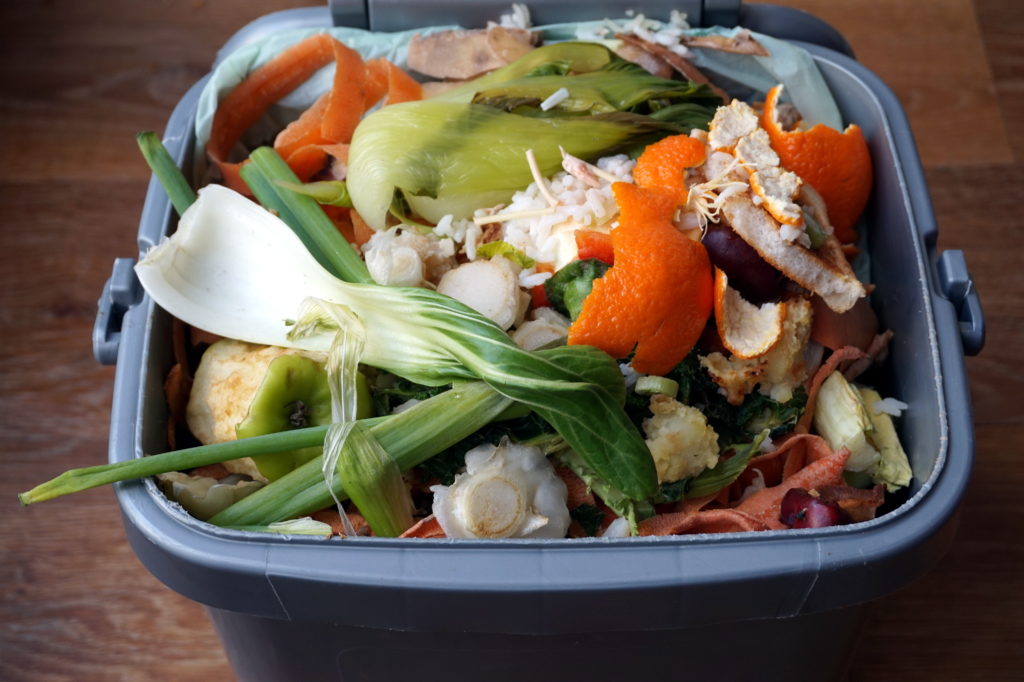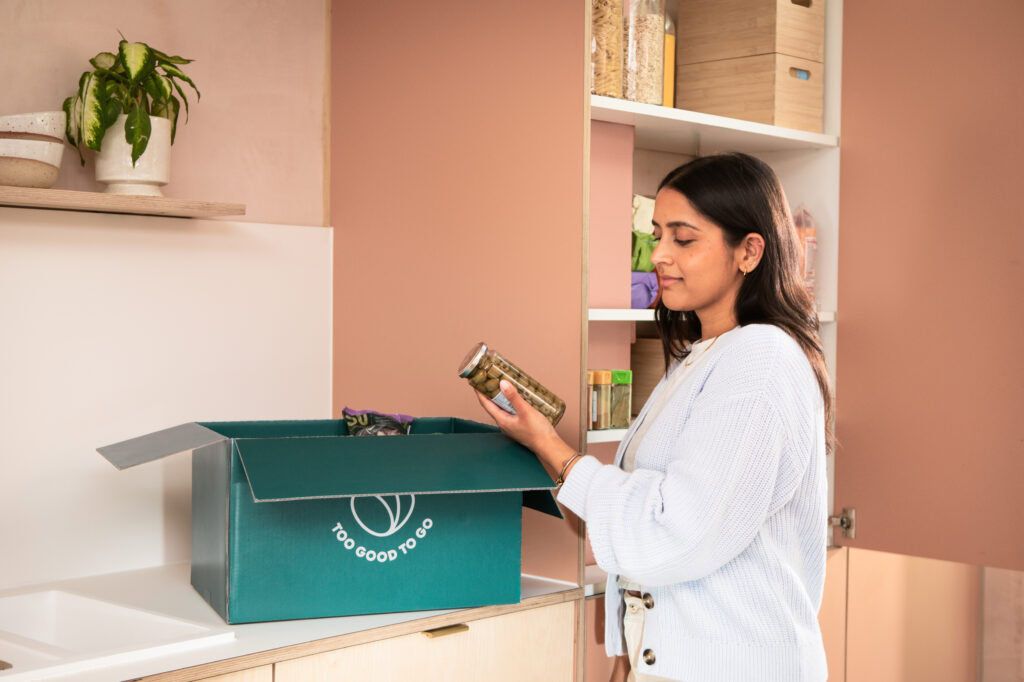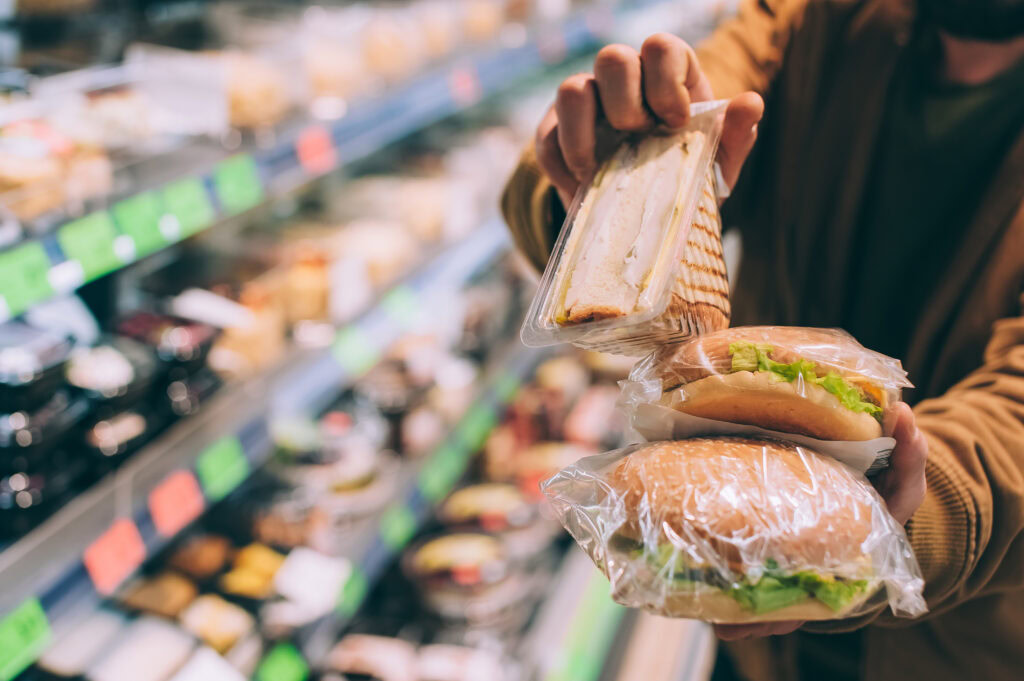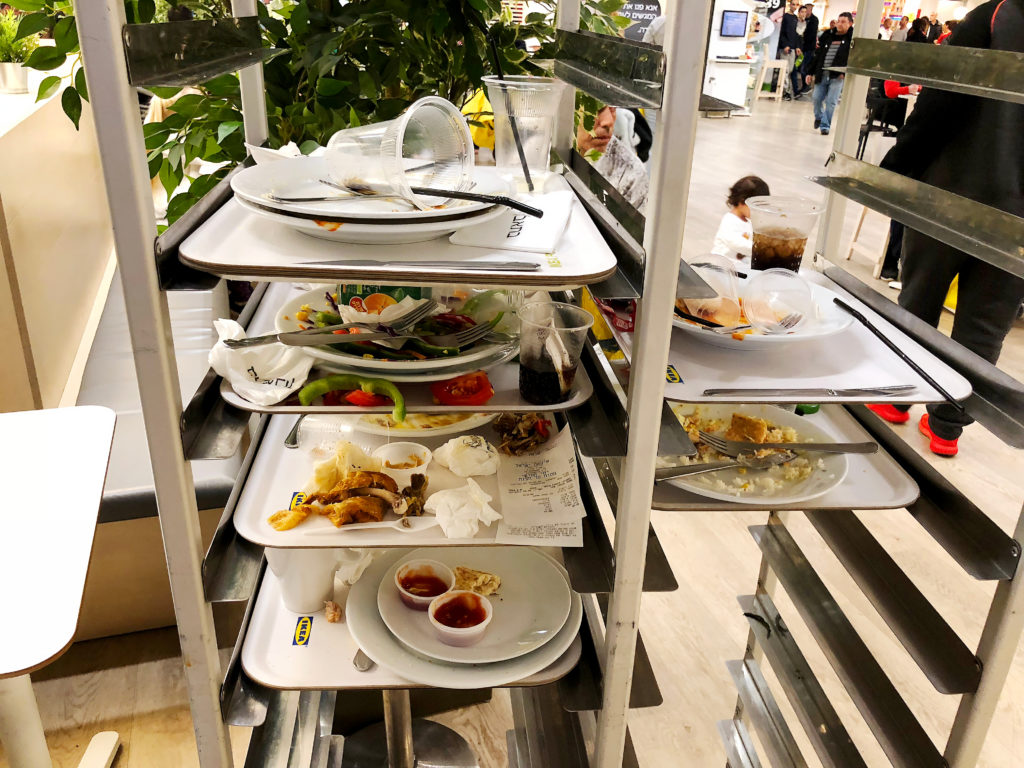The capture rate for food waste in 2022 was 26% while garden waste sat at 46%.
“Bio-waste generation in the EU: Current capture levels and future potential” highlighted that the low capture rate contributes to the waste sector being the second biggest for methane emissions in the EU.
Two-thirds of EU member states have received early warning reports for being at risk of missing the 2025 municipal waste recycling targets.
The report identified the link between effective bio-waste collection and high recycling rates, given that bio-waste forms around 37% of municipal waste in the EU.
Dirk Carrez, BIC executive director, said: “The bio-based sector is already valorising bio-waste in smart and efficient processes. A number of BIC’s members are companies that use innovative methods to convert bio-waste into high-value bio-based products. More efficiently capturing bio-waste, will allow more of it to be valorised in the bio-based industries and especially for biomanufacturing.”
Jack McQuibban, head of local implementation at Zero Waste Europe, which contributed to the report, added: “We know that bio-waste remains deprioritised across much of the EU, even despite the new requirement for separate collection.
“Given the fact that only 26% of food waste is captured across the EU, it’s clear much stronger action is needed. There is widespread recognition now of the best practices to collect and treat bio-waste. What is evident is the need for revised EU legislation that sets legally binding targets for the quality of bio-waste captured, and a cap on residual waste generation per capita, which would incentivise better bio-waste collection and treatment across the EU-27.”
The report emphasised that reaching the EU’s 65% recycling target for municipal waste by 2035 would necessitate capturing and treating an extra 40 million tonnes of bio-waste each year and that composting and anaerobic digestion will form an essential part of this.
The report comes as the industry adjusts to the implementation of mandatory separate collections of bio-waste across the EU which came into effect on 1 January 2024.










Subscribe for free